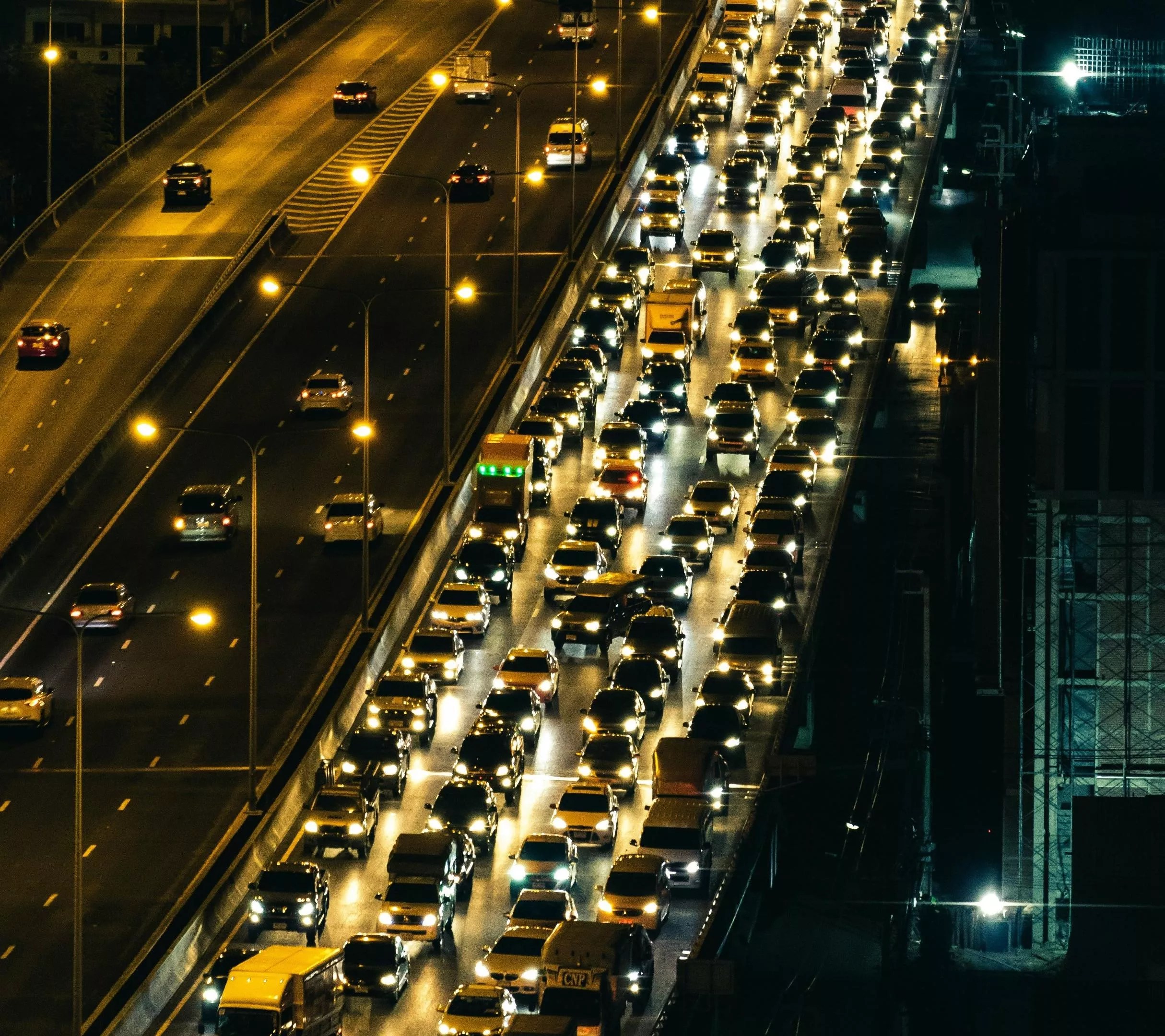
Koushik Pal/Unsplash

Audio By Carbonatix
Luxury goods. Chain restaurants. Department stores. The list of industries killed by millennials and Gen-Zers is popular clickbait for legacy media, with pundits often blaming young people for the death of the economy. While most of the data is spurious at best (no, avocado toast is not the reason you can’t afford a house), one industry looks to be facing a true downward shift.
A small but growing and vocal percentage of the 30-and-under crowd is eschewing driving in exchange for other ways of getting around, whether it be public transportation, Uber or simply walking.
People in Dallas think living without a car must feel like being trapped in your house. But for me, not being able to walk anywhere productive feels like being trapped in my house. Being able to live without a car was freedom.
— David Gouldin (@dgouldin@mastodon.social) (@dgouldin) September 30, 2022
But this trend isn’t just anecdotal: The number of 16-year-olds with a driver’s license has decreased by nearly 27% since the year 2000, according to data from the Department of Transportation compiled by USA Today.
While the trend is most prominent for the teenage zoomers, it should be noted that teenage millennials went through the same thing.
In the 2010s, economists and journalists described almost the same phenomenon for millennials. A heavily-referenced article from the Journal of the American Planning Association dubbed millennials the “Go-Nowhere” generation in 2017.
Erin Terry, a 30-year-old who lives in downtown Dallas, takes the train to and from work, a 12-mile journey each way. It comes out to about $6 a day. She quit driving in her early 20s after a bad car accident.
“I even get anxiety in the passenger seat,” Terry says. “It’s not even the car I’m in, you can’t predict the other cars on the road.”
Because of this anxiety, she’s chosen to go car-free.
Terry’s anxiety isn’t unfounded in the least. Dallas is the most dangerous city in Texas for drivers, ranking sixth in the list of cities with the worst drivers in the U.S. due to the high number of fatal accidents and third-worst drivers overall, according to Forbes using data from the National Highway Traffic Safety Administration. If that wasn’t bad enough, Dallas has the third-highest number of fatal crashes involving drunk drivers.
It’s not just a Dallas problem, either; Fort Worth ranks ninth on the list, with the fifth-highest number of fatal car accidents involving a drunk driver.
Factors like that contribute to the rise of auto insurance rates in Texas. Younger drivers, especially teenagers, can also cause an insurance premium to rise.
Cost is the prohibitive factor for Justin Garcia, 23, of Arlington. He says the cost to save up for a car and the price of maintaining it have kept him from buying a vehicle. He’s not opposed to owning one in the future, but for now the cost has prevented him from owning and driving a car.
Garcia primarily uses Uber, walks or rides with friends because, despite being the home of the Dallas Cowboys and the Texas Rangers, Arlington is the largest city in the U.S. without a mass transit system (meaning, no bus or rail).
@dallasurbanists Day 4 of #WeekWithoutDriving (aka just another day in @thisdallaslife). Yesterday I explained how multimodal travel (the opposite of car dependence) is accomplished by combining #publictransit + #cycling + #walking . Today, I demonstrate almost all modes in one night (including DART #lightrail and shared #scooter ). All while skipping #dallastx rush hour traffic! #walkability #urbanism #carfree #ebike #dallas ♬ original sound – Dallas Urbanists
“There are days where I’ll walk 12-15 miles,” Garcia says, describing his walk to work and around downtown Arlington. “You don’t even really notice it after a while.”
Fear of driving, or amaxophobia, is a common phobia in the U.S., with 66% of drivers experiencing anxiety behind the wheel, and an estimated 8-12% reporting a deep fear of driving. These fears are not helped by The Atlantic‘s assertion that we should all be afraid of driving; we are risking our lives every day just to go to Target.
Other TikTokers report they are staying away from cars to protect the environment. Regardless of the reason, lifestyles for young people are changing, and having a car isn’t the necessity or status symbol it was for boomers and Gen-X. With increases in urban living, remote work and the ability to run (most of) your errands from your phone, cars just aren’t as necessary as they once were.
“It’s not even necessary to have a car at this time in my life,” Terry says.
Hopefully, fewer drivers will translate to fewer accidents on Dallas roads. Then again, someone has to drive the Amazon trucks to make those deliveries to perpetually at-home shoppers.